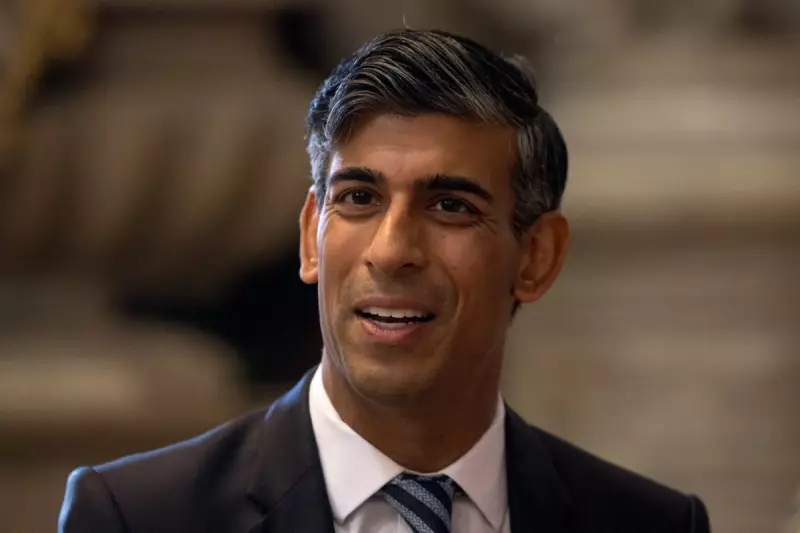
In a move that's raising eyebrows across Westminster, Prime Minister Rishi Sunak has recruited Brad Smith, the former president of Microsoft, to serve as a senior adviser on artificial intelligence to the UK government.
The controversial appointment sees one of the tech industry's most influential figures taking a key role in shaping Britain's AI policy at the highest level. Smith, who stepped down from his position at Microsoft earlier this year, will provide strategic guidance to Downing Street as the country positions itself as a global leader in artificial intelligence regulation and innovation.
Tech Giant Influence in Whitehall
The decision has sparked immediate debate about the growing influence of major technology corporations within government policymaking. Critics question whether having a former executive from one of the world's largest AI developers advising the Prime Minister creates potential conflicts of interest.
"This appointment blurs the lines between corporate interests and public policy in an area that desperately needs impartial oversight," said one Westminster insider who wished to remain anonymous.
UK's Global AI Ambitions
Downing Street has defended the move, emphasising Smith's extensive experience and the government's commitment to making Britain a hub for AI development. The UK hosted the first major global AI Safety Summit last year and continues to position itself at the forefront of international discussions about regulating the rapidly evolving technology.
The government sees Smith's appointment as crucial for maintaining Britain's competitive edge in the global AI race. His insights from leading one of the world's most significant tech companies are considered invaluable for understanding both the opportunities and risks presented by artificial intelligence.
Questions About Transparency
However, transparency campaigners have raised concerns about the lack of public scrutiny surrounding such appointments. The details of Smith's specific responsibilities, potential limitations on his involvement in decisions that might affect Microsoft's interests, and the duration of his advisory role remain unclear.
This development comes amid growing global debate about how governments should regulate artificial intelligence, balancing innovation against potential risks to privacy, employment, and even national security.





